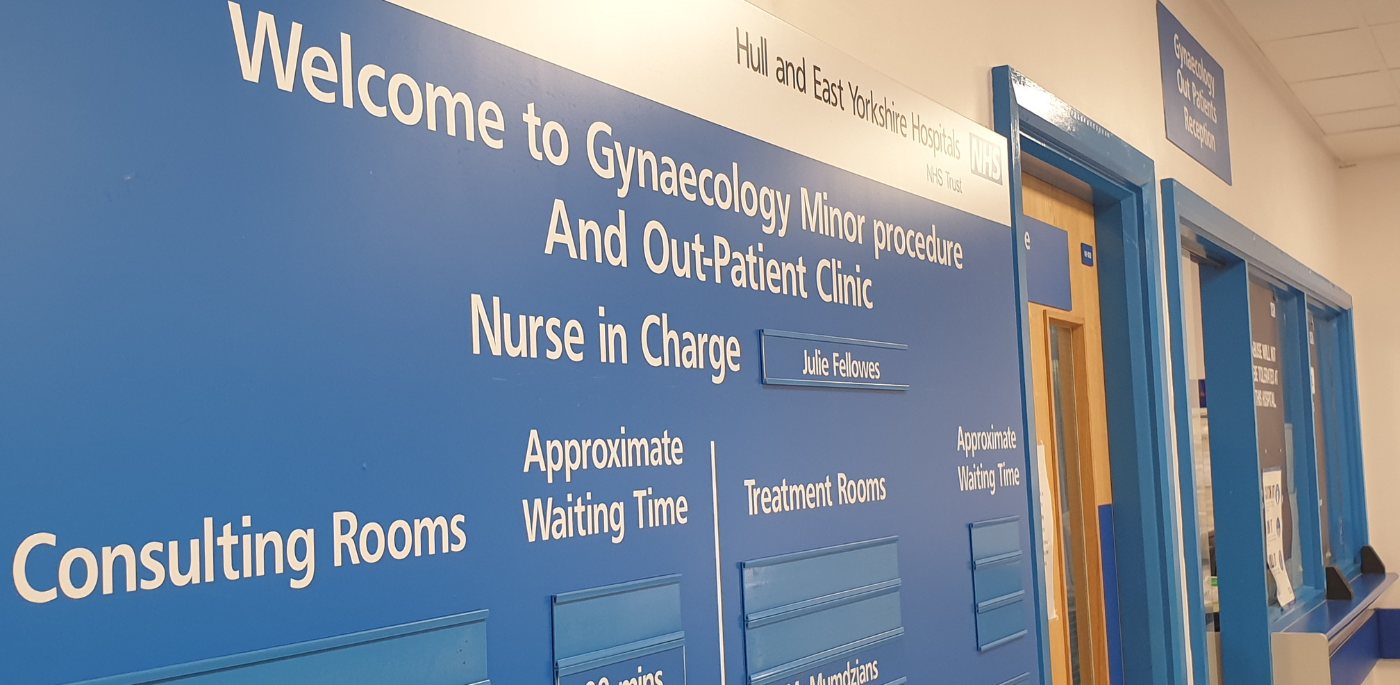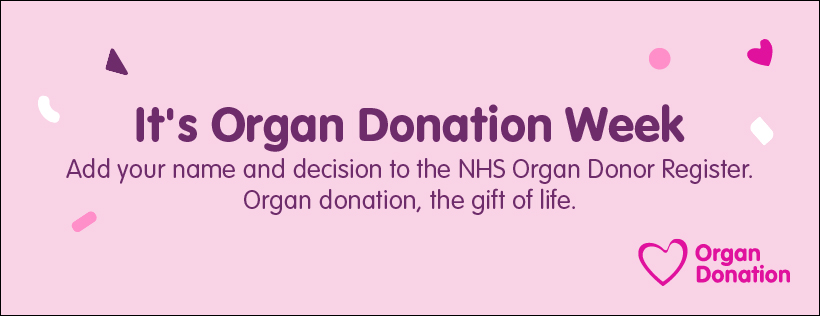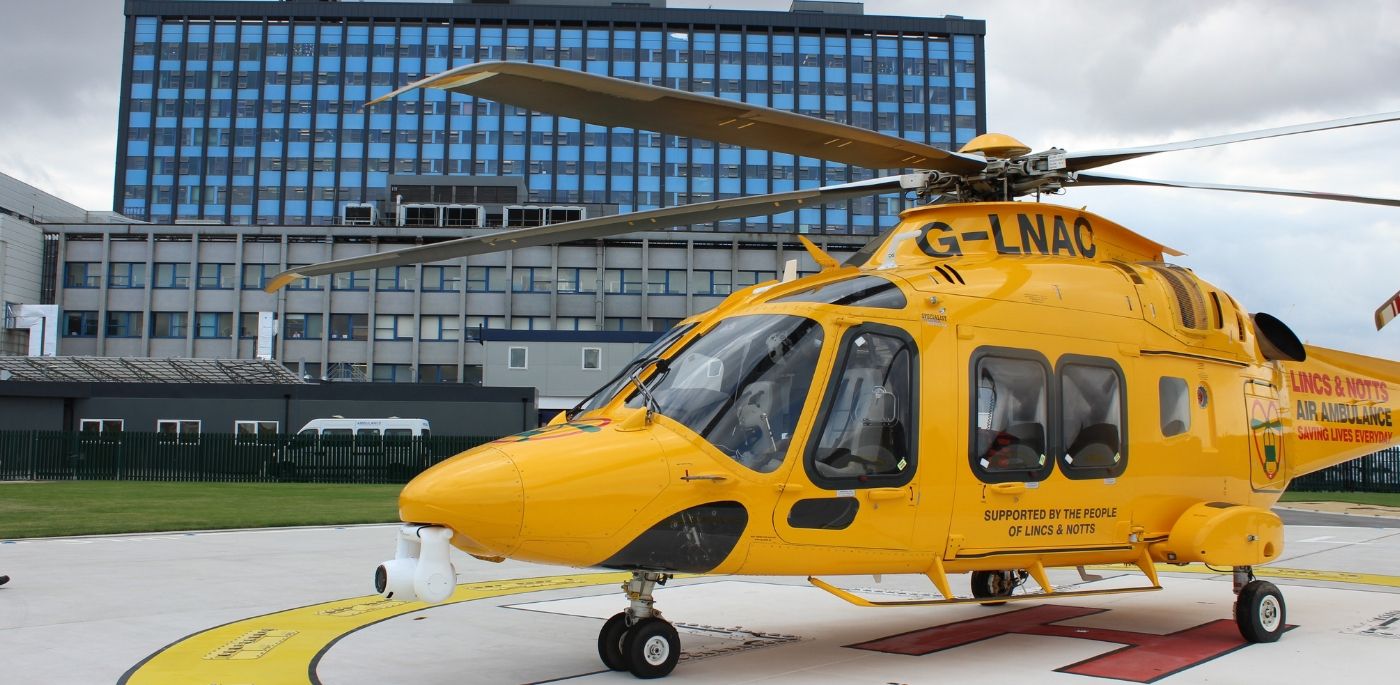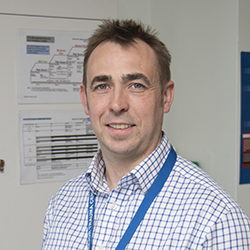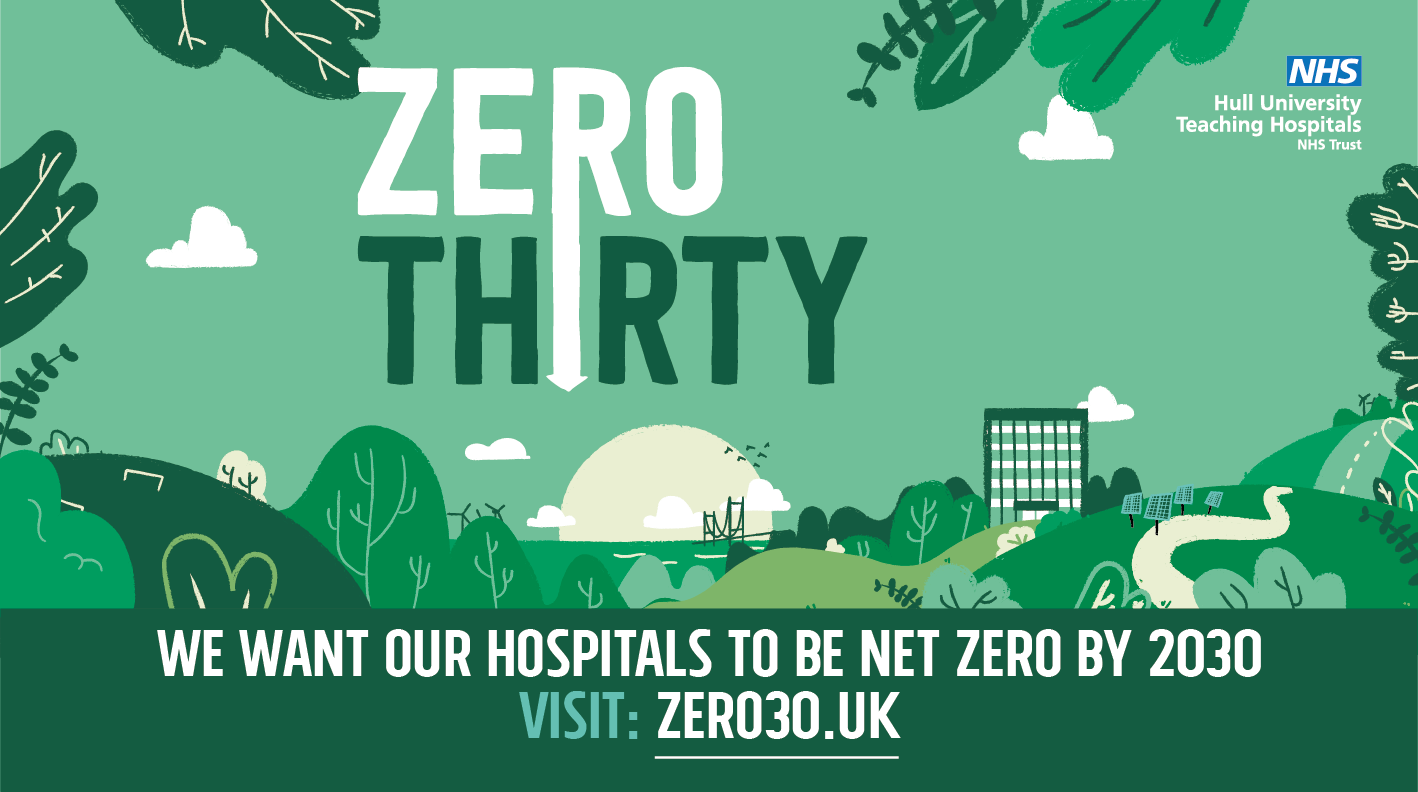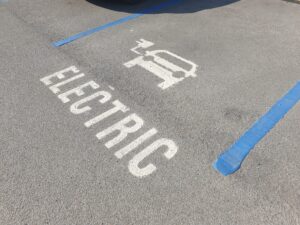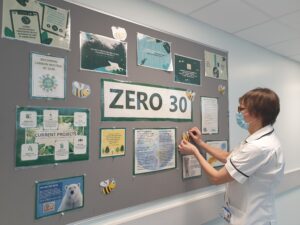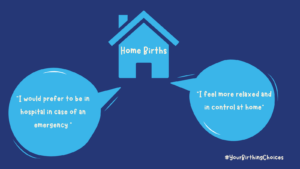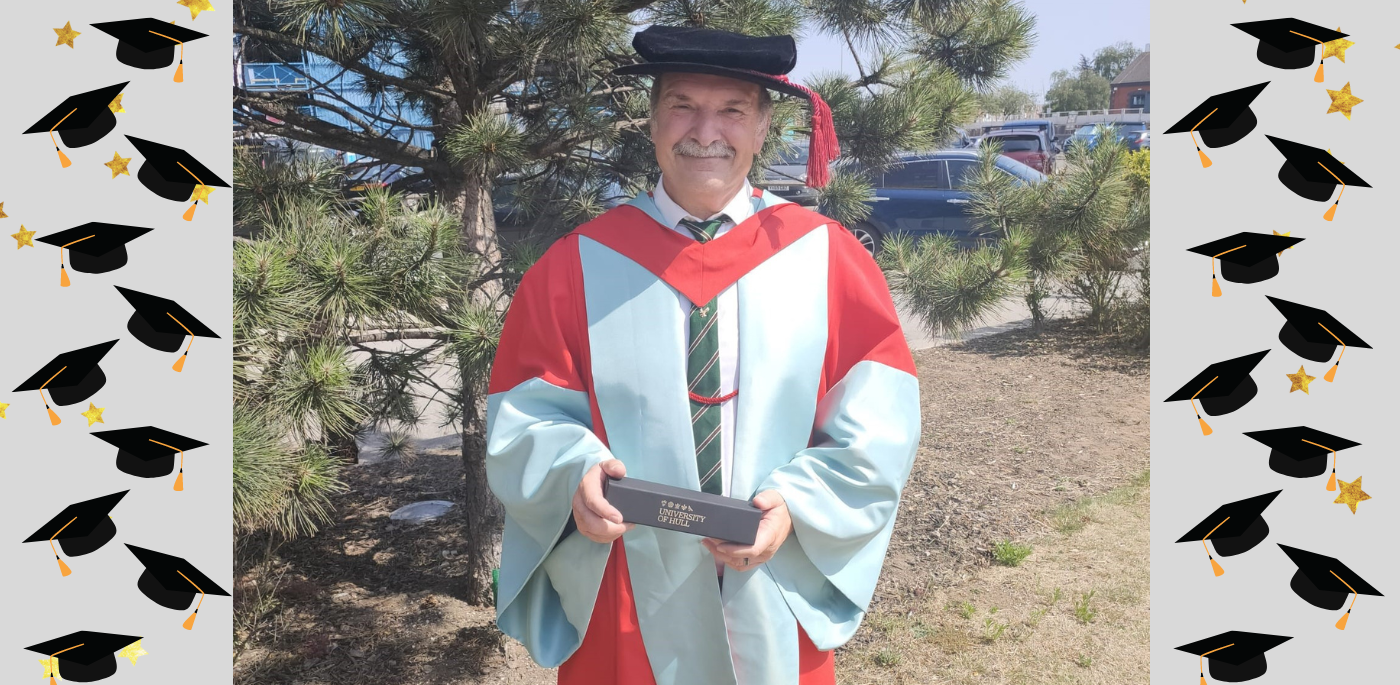Hospitals in East Yorkshire are offering patients the chance to agree their own appointment times in order to speed up care and reduce waiting lists.
Hull University Teaching Hospitals NHS Trust’s partial booking system enables patients to choose a time and day for outpatient appointments that is most convenient for them*.
The process is simple; when it’s a patient’s turn to be booked in, they will receive a letter from the Trust, but instead of being allocated an appointment, they will be asked to contact the hospital to discuss setting a mutually convenient date and time.
The idea is just one way in which the Trust is looking to improve patient experience and reduce waiting times.
Melanie Leedham, Head of Clinical Administration Services for the Trust says:
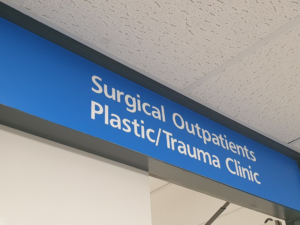
“Hospitals across the country are extremely pressured right now. Our services are no different, and that’s why it’s important for us to maximise use of the appointment slots and clinics we do have, and to do all we can to ensure patients attend their appointments.
“Partial booking is such a simple concept, and while it does rely on the patient contacting us to confirm a date, it means that date can be set to suit them. Being able to work around a person’s holidays, childcare responsibilities, work or other family commitments is not only more convenient for the patient, but it makes it much more likely that patient will attend.
“We know in the past that some people simply haven’t attended appointments because the time or date given to them didn’t suit, so we’re trying this the other way round, with encouraging results.”
The Trust is also using other initiatives to try and maximise patient attendance including the use of text message reminders and Patients Know Best, an online system which enables patients to receive correspondence relating to their care straight to their phone or computer. Virtual appointments have also proved more convenient and reduced the need for patients to travel, with over 67,000 patients having received telephone appointments or taken part in video consultations in the last six months.
Despite these efforts, non-attendances or DNAs (Did Not Attends) as they’re known, still remain high. In the month of August, there were 6,747 DNAs across the Trust’s outpatient services, and in any given month, almost a quarter of all outpatient appointments made within diabetes and endocrinology services (24%) go unattended.
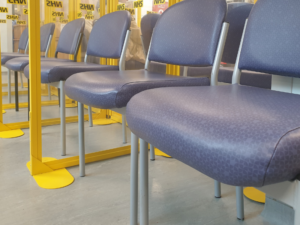
Eileen Henderson, Head of Outpatient Services for the Trust says:
“We know there are times when things crop up which mean missing an appointment is unavoidable, but this doesn’t account for the consistently high levels of DNAs across all services.
“Text reminders are helping to jog some patients’ memories, as sometimes the issue has resolved, but we know that factors such as taking time off work or the cost of getting to appointments can also influence whether people attend or not, and if this is the case, we’d welcome a conversation as there may be ways we can help.
“Otherwise, our message to patients is to help us help you. NHS resources are finite, and we all want to be seen as quickly as possible, so keeping your appointment once it’s made, or letting us know in advance if you can’t make it, is really important. Given enough notice, we can offer a short-notice appointment to someone else on the waiting list, which makes best use of our staff and clinic resources, but which also reduces the wait for others.”
The NHS offers help with healthcare travel costs to certain patient groups, subject to meeting set criteria. More information can be found at www.nhs.uk/nhs-services/help-with-health-costs/
Patients who have received a letter inviting them to make an appointment (partial booking) as described above should contact the Appointments and Referrals Centre using the details provided on their letter. Lines are open Monday to Friday, 8am to 8pm and Saturdays 8am to 12 noon.
Note
* Partial booking is offered to patients waiting to receive their first outpatient appointment across the majority of hospital specialties, and will be available within all specialties by the end of October 2022.

